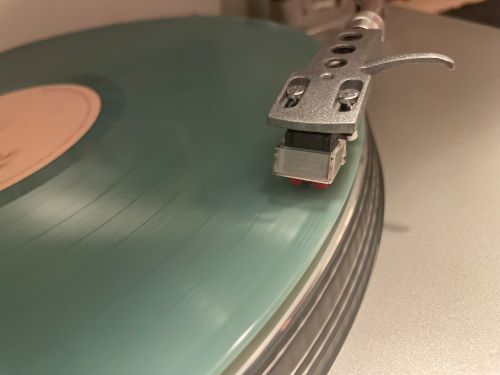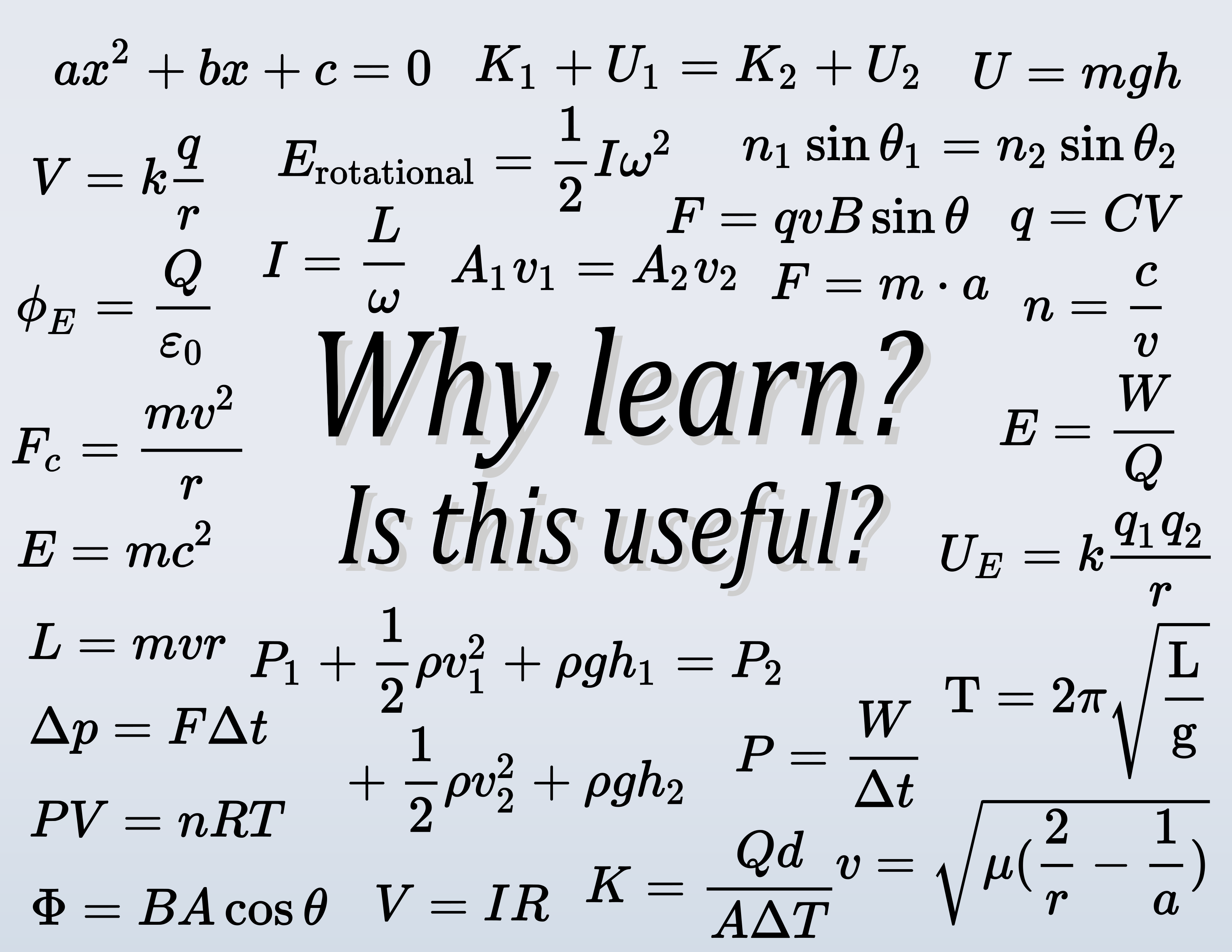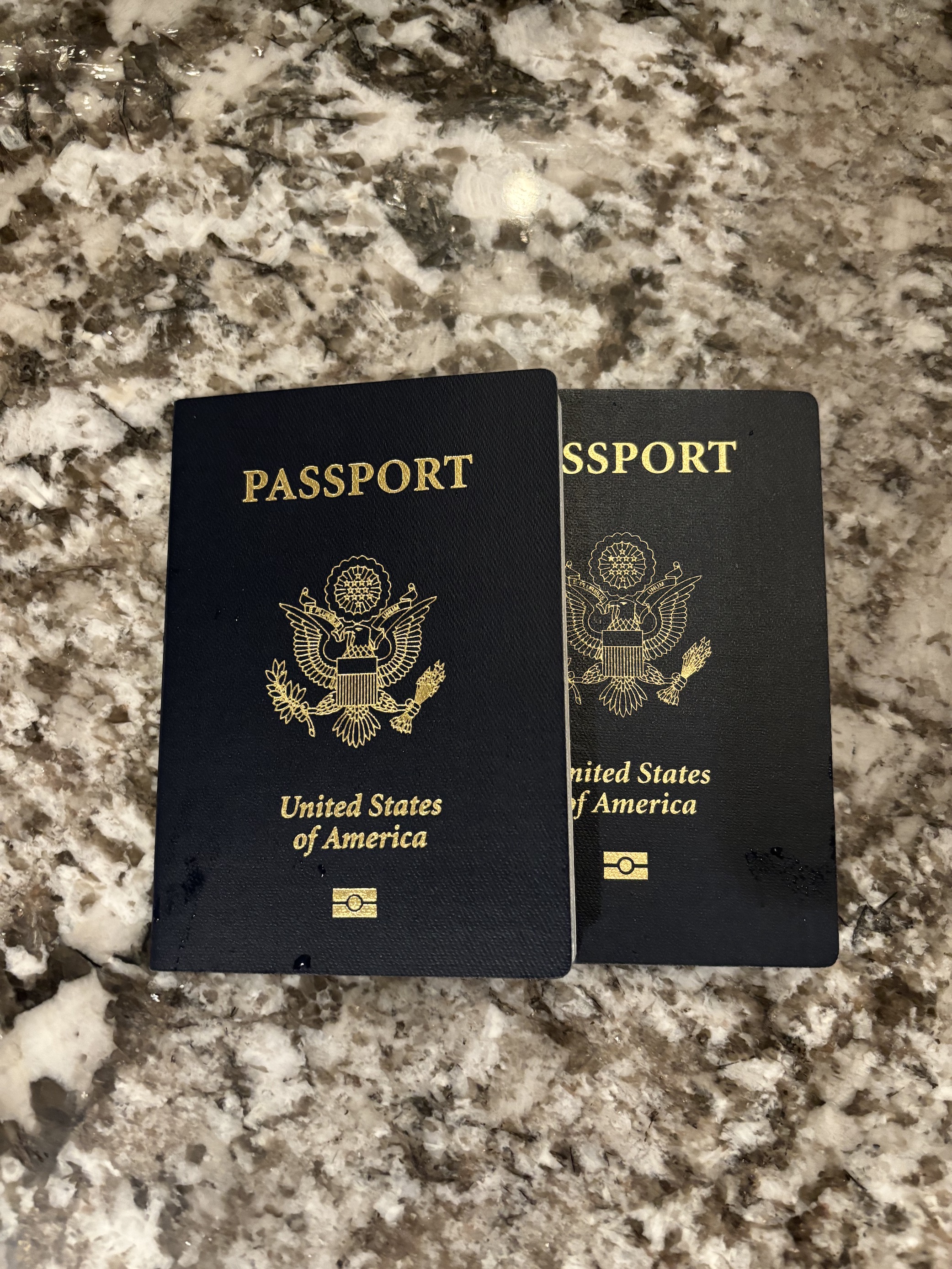By Nate Wicker and Adam Enlow
Every year, students at Ponte Vedra High School (PVHS) struggle to select a proper course load for the coming year. Weighing factors like individual academic achievement, extracurricular involvement, and personal commitment to a rigorous AP class are important factors to consider when choosing schedules for the coming school year. Students struggling while weighing their options and trying to make informed choices during future course selections can use the following as a reference.
AP Art History
Typically known as a more enjoyable AP course, AP Art History is offered to all students after freshman year. It’s regarded as an interesting and engaging course that is heavy on content memorization. Senior, TJ Gavazzi, explains that, “the content is interesting and very cool to learn, the difficulty comes from the mass amount of rote memorization.” TJ personally spends around 30 minutes reviewing before tests and stresses that taking notes and paying attention during lectures is the key to success in AP Art History. There is no class offered by PVHS to prepare content wise for AP Art, but good note taking skills from any previous class will be extremely helpful for this course.
AP Biology
Typically regarded as a more rigorous AP course, AP Biology is usually taken junior or senior year as a core science class. Ryan Yang, a PVHS senior, spends around “seven hours a week studying for tests, completing lab reports, and finishing homework.” According to Ryan, “the content of AP Bio is definitely one of the hardest AP courses I’ve taken, the content has a lot of vocabulary and processes to memorize.” Ryan’s advice to prospective students is “to not take the class and save yourself, but if you were to take it, I would recommend taking it right after taking honors biology and mastering all concepts in honors biology.” Ryan believes important skills for success in AP Bio are “critical thinking, work ethic, and time management.”
AP Calculus AB
AP Calculus AB is a rigorous AP math course that follows AP precalculus. According to PVHS senior, Hunter Calamari, “Out of school I probably commit around one hour a day. With how much time I was given in school to complete homework, I focused out of school on reviewing course content.” AP Calculus AB introduces complex word problems which require interpretation of a problem and an understanding of the answers. Hunter said, “Once the course became more of an English class than a math course it got hard for me.” Hunter explained how he “felt very prepared as I took the double block [Algebra 2 and Precalculus] for math the year before,” and to succeed in this course, students should “get the basics of derivatives down as all calculus classes branch off from that.”
AP Calculus BC
AP Calculus BC is a challenging AP math course that is usually taken senior year after AP Calculus AB. Samay Patel, a senior at PVHS, offered insight to AP Calculus BC. Samay spends one hour a night studying for calculus. Samay believes that prior success in AP Calculus AB serves as a sign for success in AP Calculus BC. “Since I took Calc AB, BC is not that bad, you have to be able to do complex derivatives and integrals from day one… students should review Calc AB content before coming into the class because falling behind sucks with how fast paced it is.”
AP Chemistry
Typically regarded as a more rigorous AP course, AP Chemistry is usually taken junior or senior year as a core science class. PVHS senior, Nolan Cheeseman, regarded himself as strong in chemistry. “30 minutes a day preferably, varies person to person,” when covering how much time is required outside of school. Another PVHS senior who took AP Chemistry, Bobby Hitchcock, concurred with Nolan when he said, “In AP Chemistry, the curriculum consists of many different formulas that are all very similar and must be memorized… this is probably one of the hardest classes PVHS has to offer, ensure you are committed enough to the content so that you can pass.”
AP Comparative Government and Politics/AP Macroeconomics
AP Comparative Government is the second semester course pairing offered with AP Macroeconomics in the senior year “double block.” Evan Redmond, a PVHS senior, commits “about one hour a unit. The way the class is set up there is a homework assignment and a practice test that are both due before the test day and you can work on them at your leisure.” Evan finds AP Comparative Government “easier than US government, the content is more conceptual and less memorization.” Evan offered some advice for prospective students, “Make sure you pay attention to lectures since Mr. Weinbrenner will teach you everything you need to know and don’t skip the class.” Regarding AP Macroeconomics, Evan believes the content is “way more conceptual and broad as it deals with economics on an international scale, but I find the difficulty comparable to AP Microeconomics.”
AP Computer Science Principles
AP Computer Science Principles or CSP is known as the starting computer science class offered by PVHS. Available to all students other than incoming freshman, it has been a popular choice as an elective AP course. CSP covers basic Java and Scratch coding and prepares students for Computer Science A. Senior Griffin Morgan explains that “CSP was a super easy overview of computer knowledge, I never really spent any time out of class on it.” Griffin already had an IT job before taking CSP so he had extra preparation but claims that middle school IT courses and the IT academy were a great precursor for this class. Griffin took CSP so he could take the follow up class AP Computer Science A because “It knocks out his freshman year college class in high school,” stated Griffin.
AP Computer Science A
AP Computer Science A follows AP Computer Science Principles. Jack Brady, a PVHS junior, who is currently enrolled in AP Computer Science A, stated, “I commit no time to CSA outside of school. As long as you spend your time wisely in class, you shouldn’t need to do much outside of school.” Jack emphasized that CSA “is most comparable to a math class with the thinking process it entails. It is not extremely hard, you just need to be comfortable with reasoning and tracing code.” Jack believes that “CSA is viewed as a much more difficult and impressive class by most people than Computer Science Principles, so I think that pursuing the computer science track even further does help you out with college admissions.”
AP English Language and Composition
Taken junior year, AP Lang is a challenging AP course that fills the English core class requirement. AP Lang tests students reading comprehension and essay-writing skills in a time crunch. PVHS senior, Colin Shipp-Clark, dedicated about “one hour a week” outside of school to AP Lang, claiming that most of his homework was reading books assigned to the class. Colin explained how he felt “not super prepared” for AP Lang because “the essay style was different from previous classes,” making a point of emphasis on how “not summarizing texts in essays is important.”

AP English Literature and Composition
AP English Literature and Composition, commonly known as AP Lit, is a course taken senior year that traditionally follows AP Lang. As a core English class, students should expect high volumes of reading and writing. Leo Feiser, a senior at PVHS, gave his insight to the course. When discussing the curriculum as a whole, Leo stated, “I spend no time on this class outside of school, yet, it is a lot harder than AP Lang due to the texts covered.” AP Lit has a heavy focus on poetry which some students find harder to analyze and understand when compared to traditional works of literature. “I felt pretty prepared for the class. primarily from AP Lang and experiences I have had outside of school, AP Lit makes you think and write your own personal thoughts down into essays which is not common in other high school classes, so your own worldly knowledge and experiences are crucial to success,” Leo stated.
AP Environmental Science
APES is commonly taken junior or senior year as a less-strenuous AP course to fill a science core class requirement. Lucas Binef, a PVHS senior, took APES his junior year. When asked about time commitment outside of school, he stated, “the only time I spent with this class outside of school was to study for tests and FRQs.” Lucas found the class “not too bad and found most of it interesting.” When talking about how prepared he felt, Lucas believed that Biology “will probably help you the most as we discussed some ecology and environmental topics.” Overall APES is an engaging course that although Lucas initially took “to add strength to my transcript, I took some interest in the topics as the course developed.”
AP Human Geography
Known as the introductory AP course, AP Human Geography is traditionally taken freshman year as a core history class. PVHS sophomore, JP Dolan, took AP Human his freshman year. JP said he spent around “30-45 minutes per day” reviewing course content as it is very heavy on memorization. JP found AP Human “pretty hard” and emphasized to “not wait for the final day before a test to cram information,” since units are very large and contain lots of vocabulary. AP Human Geography is a good stepping stone into the world of AP classes though and JP encouraged students to try it out.
AP Microeconomics/AP United States Government and Politics
Traditionally AP Microeconomics is taken senior year. This course is paired with AP US Government and Politics in a “single-block” as both are semester long classes. Students have the option to take a “double-block,” which consists of the aforementioned “single-block” as well as a pairing of AP Macroeconomics and AP Comparative Government and Politics. The layout of the “double-block” consists of students’ first semester taking AP Microeconomics and AP US Government and Politics, and second semester AP Macroeconomics and AP Comparative Government and Politics. Ben Black, a PVHS senior, took this class first semester of his senior year since he opted into the aforementioned “double block.” “One hour per unit with two homework assignments” is typically regarded as standard studying time for a test. Ben described the content as “basically a more in-depth version of your middle school civics class, with a bit more memorization.” “I find the content very interesting”, Ben said. “Mr. Weinbrenner is very engaging and his class is extraordinarily organized and Mrs. Popp teaches you what you need to know.”
AP United States History
APUSH is an AP history class taken junior year. It is very similar to AP World History and requires a large time commitment outside of class along with good study habits. Connor Crabtree, a PVHS junior who is currently enrolled in APUSH, believes students must spend “one hour reading and writing notes” every day to be successful. Connor found the course “not very difficult, there is just a lot of content to memorize.” A key study tool many APUSH students utilize according to Connor is watching “Heimler’s History” on YouTube to review content studied in school. Taking AP World History before APUSH helped Connor understand how the course is laid out since they are very similar in teaching and testing style. For example, the summative grading revolves around the LEQ, SAQ, DBQ, and MCQ testing cycles every unit.
AP Physics 1&2
Regarded as a very rigorous AP course, AP Physics requires time commitment outside of school along with a strong basis in conceptual mathematics and science. PVHS senior, Landon Rogers-Neubarth, offers his insight on the class. “Around an hour a night between studying notes and going over homework is required for success in this class,” Landon stated. “I started out taking the class to improve my strength of schedule, but once I began the class I found the content very engaging yet it moved very rapidly and it required a lot of dedication.” Landon dropped AP Physics after the first semester due to time commitments outside of school but still recommends students who are looking to challenge themselves to take it. PVHS senior, James Grossmann, who took AP Physics his junior year stated, “I think critical thinking is the most important skill needed to do well in the class. Physics is really the study of how quantities are related to each other, and understanding how to set up an equation based on a scenario is the core of the class.” Lindsey Millis, a senior in the AP Physics block, concurred with Landon stating that “make sure you put the time and effort needed into the class or else nothing will make sense… it is probably the hardest class I have taken.”
AP Physics C- Mechanics
AP Physics C follows AP Physics 1&2. This course demands strong understanding in calculus and conceptual mathematical scenarios. Emaad Rahmathulla, PVHS senior, is currently enrolled in AP Physics C. Emaad stated that he spends “40 minutes to an hour every day” studying for physics but followed with that “I find it easier compared to Physics 1&2 because the content is repeated.” Emaad took AP Physics C because he finds “the content very engaging and interesting” but that he did “originally take it to add strength to my schedule.” Advice he gives to prospective students is “try not to fall asleep in class and stay attentive.”
AP Psychology
AP Psychology is regarded as a less rigorous AP course offering that students take sophomore through senior year. Nolan Cheeseman, a senior at PVHS, took AP Psychology his junior year. “I commit none of my time to this course,” said Cheeseman. He said he found the content “easily accessible” and made sure to emphasize that the class requires strong memorization skills. “Go in there and make sure you’re ready to memorize definitions and make notecards.”
AP Statistics
AP Statistics is an alternative AP math to the standard AP Calculus route, typically seen as a less strenuous option for a high-level math class. Senior, Lucy Impey, explains “the content itself isn’t hard, and once you get it, you get it, but it does take effort initially to understand the concepts.” Lucy stated she spends about 45 minutes outside of school studying for AP Statistics. Although people view AP Statistics as an easier class than AP Calculus, Lucy explained that like all AP courses, “this class isn’t an easy A, you have to be pretty focused.” Lucy believes that AP Lang helped her “explain everything and not be lazy” since AP Statistics requires high levels of reading comprehension to understand FRQs. AP World History Modern: AP World History is taken sophomore year as a core history class and is regarded as a fairly challenging AP course. Ahan Soni, a PVHS senior, took the class sophomore year. “I thought the class was hard but interesting, I would recommend kids who enjoy history and have good study habits to take it,” said Ahan. Ahan believes “There really isn’t any class you can take to prepare you for AP World, just ensure you give your self enough time to memorize course content.”





